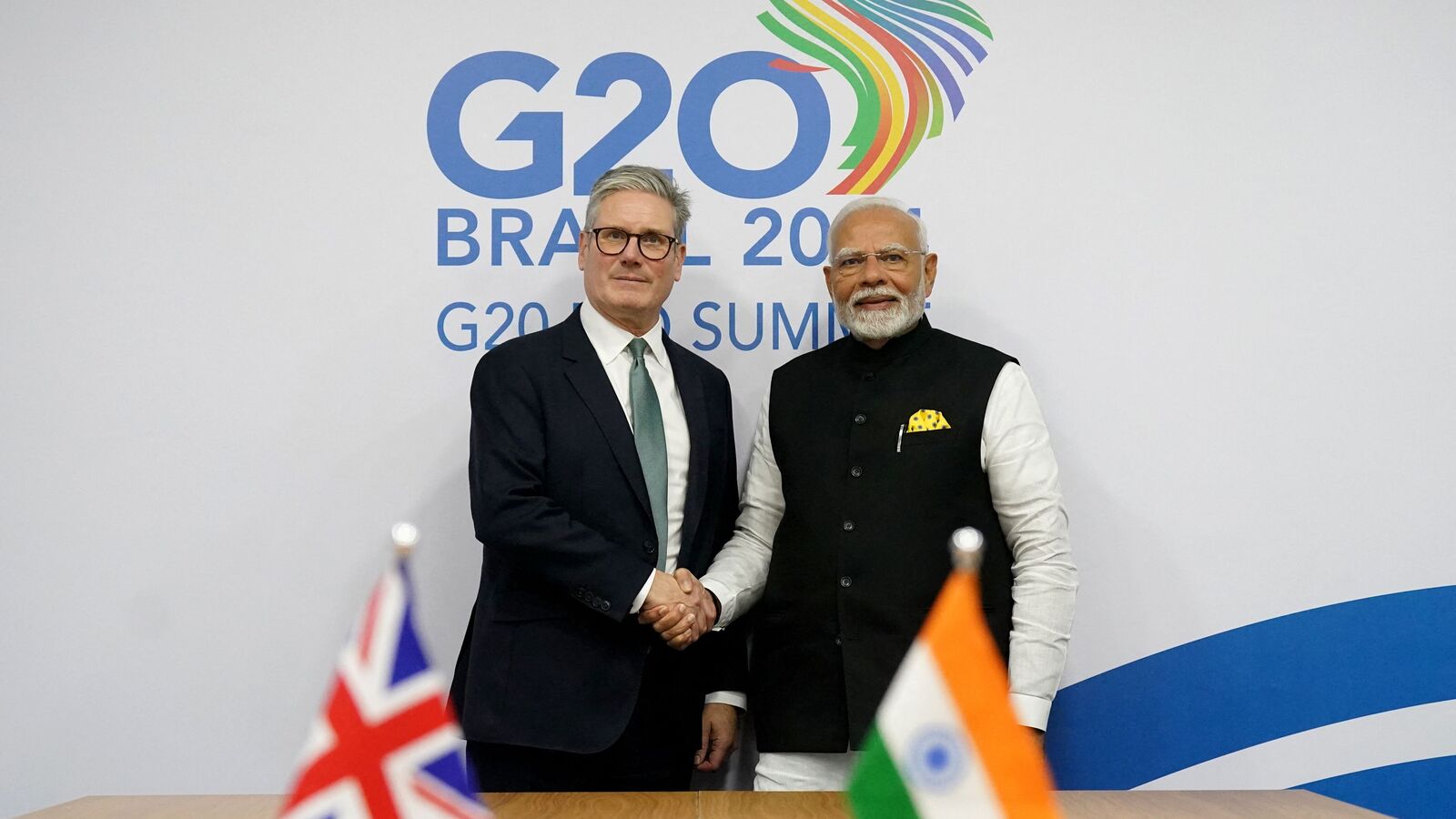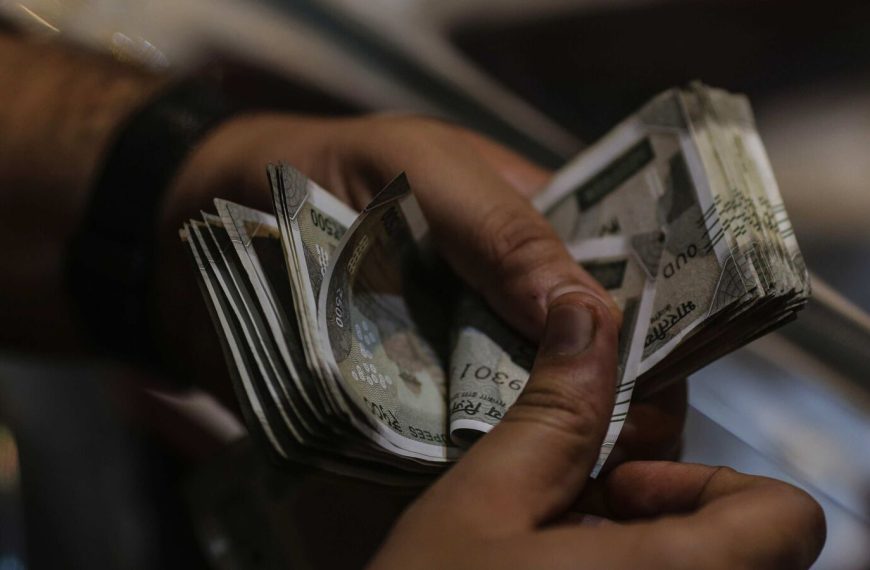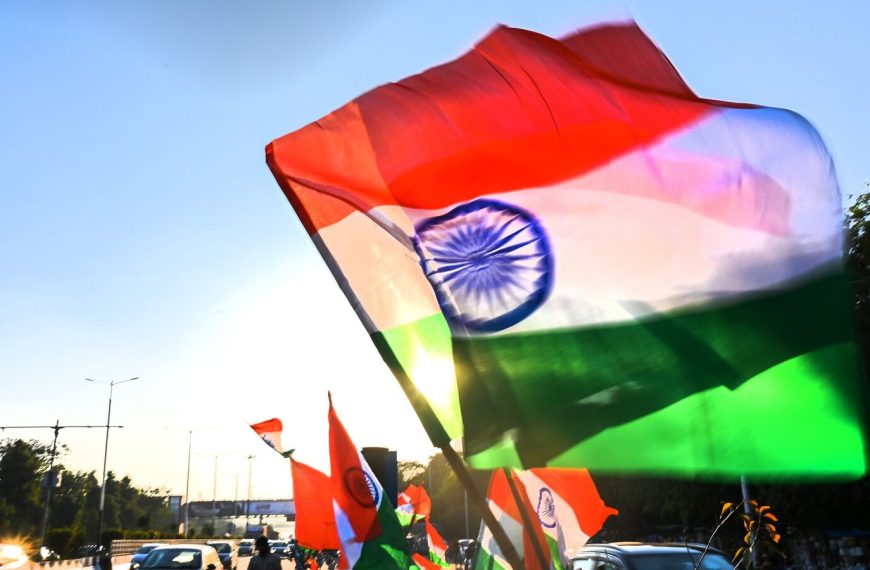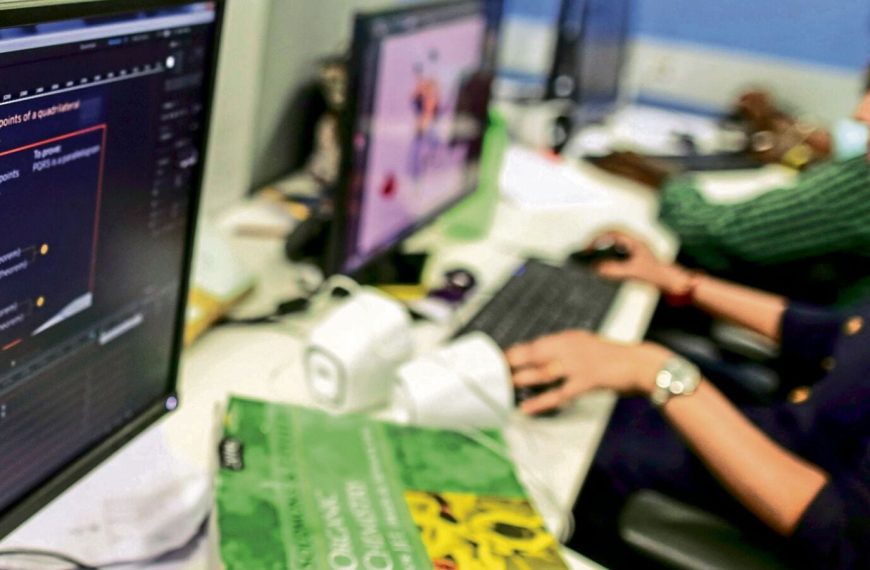India and the United Kingdom have officially signed a much-anticipated free trade agreement, marking a significant milestone in post-Brexit trade relations. This deal, which has been in the making for three years, is poised to enhance economic collaboration between two of the world’s largest economies. With the aim of boosting bilateral trade by £25.5 billion (approximately $34 billion) by 2040, this agreement reflects a strategic shift in global trade dynamics.
A Game-Changer for Trade Relations
The newly formed pact is not just a formality; it’s expected to foster a deeper strategic partnership between India and the UK. Prime Minister Narendra Modi expressed optimism, stating, “These agreements will enhance our comprehensive strategic partnership, stimulating trade, investment, and innovation in both nations.”
Key features of the agreement include:
- Reduced tariffs on various goods, including whisky, advanced manufacturing components, and food items like lamb, salmon, chocolates, and biscuits.
- Import quotas established for automobiles, benefiting both markets.
Responding to Global Trade Challenges
The backdrop of this agreement is shaped by ongoing global trade challenges, particularly the tariffs introduced by former U.S. President Donald Trump. Both India and the UK are keen on negotiating bilateral deals with the United States to alleviate some of these tariffs, which have caused significant disruptions in the global trade landscape.
British Prime Minister Keir Starmer emphasized the importance of this trade pact, stating, “We are entering a new era for trade. Strengthening our alliances and reducing trade barriers globally is essential for a more robust and secure economy at home.”
A Strategic Move for India
This deal also signifies a pivotal moment for India as it begins to open its historically protected markets, particularly in the automotive sector. This shift could serve as a blueprint for India’s future trade engagements with other Western powers, including the European Union and the United States.
The dialogue for this free trade agreement commenced in January 2022, symbolizing the UK’s aspirations for an independent trade policy post-EU membership. However, negotiations faced hurdles, marked by changes in leadership with four different prime ministers in the UK since the talks began, along with elections in both nations last year.
In conclusion, this landmark trade agreement between India and the UK not only outlines a path for increased economic collaboration but also signifies a new chapter in international trade relations. As both nations work together to navigate the complexities of the global market, this pact could pave the way for future opportunities and alliances.











